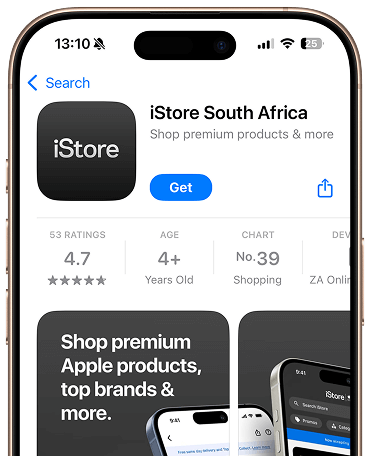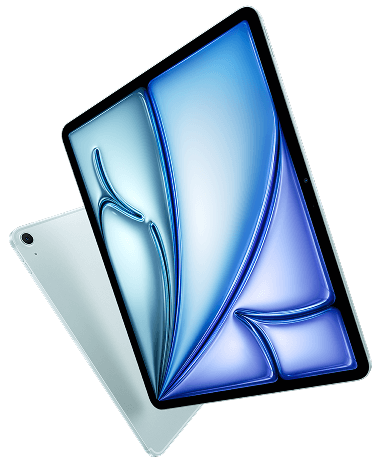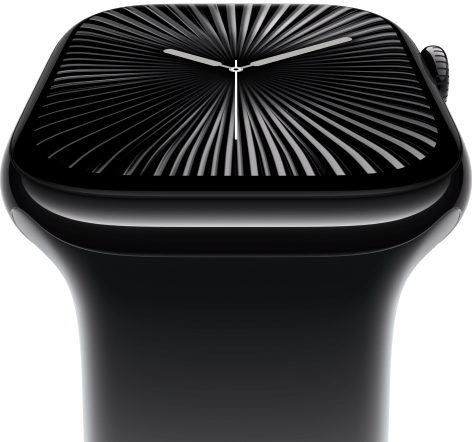
End-to-end digital healthcare ecosystems building out around secure, robust Apple devices
Security, reliability and TCO (total cost of ownership) are among the top priorities for healthcare organisations moving away from paper to digital environments, which is one of the reasons Apple iPad is being rolled out at leading private hospitals and pharmaceutical companies in South Africa.
Another reason they are selecting the Apple iOS route is the sheer number of medical innovations being built within the Apple iOS ecosystem.
Sudesh Pillay, executive head of iStore Business, says Apple iPad is now in use by over 25 major healthcare and pharmaceutical businesses, with iStore Business managing over 16,000 iPads in the local healthcare sector alone.
Changing the face of healthcare
The biggest local healthcare adopter, Netcare Group, is rolling out iPad as part of a pioneering project to improve patient care through an electronic medical record system, CareOn, that integrates across departments, pharmacies, and medical equipment.
Pillay says that while the Netcare Group project is likely one of the first at this scale in the world, numerous other healthcare organisations are implementing iPad to address key challenges, digitise important processes, and improve patient experience and outcomes.
He says: “Other healthcare providers are using iPad to enable telemedicine and early diagnosis in emergency wards and in the field. Emergency workers can now use iPad for virtual evaluation, or connect handheld ultrasound devices to assess a patient’s condition at the roadside, and so prepare the ER. iPad is being integrated into trauma wards, or into patient wards where they can be used to deliver entertainment content, surveys, menus, and important information to the patient’s bedside.”
Equipped with handheld ultrasound devices connected to iPad, midwives and healthcare workers are able to improve prenatal care in even the most remote areas. In partnership with the Bill & Melinda Gates Foundation, a project in Kenya has deployed 500 handheld Butterfly iQ ultrasound devices and iPad’s to mid-level practitioners, to support assessment, diagnosis and treatment.
Building digital healthcare around secure, reliable devices
Pillay says iPad is particularly well suited to the healthcare environment for several reasons – the devices’ security, quality and reliability, and the ease with which developers can innovate for Apple iOS.
“The security is better than any other operating system. Apple has a strict stance on information security and how data is shared. In addition, applications are carefully vetted before they are published to see if any back channels are coded into the data. In fact, Apple iOS devices are around 50% less likely to experience security threats.”
“The build quality, screen resolution and camera are excellent, which is crucial for sharing images and analysing content such as x-rays and scans. To ensure the devices can be used safely in medical environments, we have also delivered very rugged antimicrobial covers and purpose-built charging stations with built-in UV lights to sanitise them,” he says.
iPad offers significant financial value too, he notes: “They retain their value exceptionally well, so they can be traded in after three years. In terms of total cost of ownership, they require very little support and intervention once they have been correctly installed and rolled out. When you start quantifying the cost of support and IT intervention, the ROI on iPad starts shooting through the roof.”
Staying at the cutting edge of medical innovation
Pillay notes that a great deal of digital innovation is taking place around Apple devices. “It’s easier to develop for Apple because it's secure and stable. In addition, Apple makes it easier for developers with HealthKit – the central repository for health and fitness data in Apple iOS and Apple WatchOS.”
“Apple’s commitment to, and investment into, healthcare is huge, and is driving innovation from hospital wards and pharmacies all the way through to wearables that will support patient health wherever they are. For example, Apple Watches can notify doctors if a patient has an irregular heart rhythm and can even capture an ECG and record their symptoms. Mental health and vision health features are emerging within the Apple iOS environment, and ResearchKit is supporting medical research by making it simpler to develop custom apps. Apple provides the environment to develop medical and healthcare innovations faster, and more securely. So, for any hospital group wanting to stay at the cutting edge of healthcare, the Apple iOS environment gives them access.”
If you would like to learn more about iStore business, their products and solutions, fill out the below form and they will get in touch to guide you on the best options for your company’s needs.
iStore Business is the leading Apple Business reseller in South Africa supporting over 60% of South Africa’s top 100 companies. We unlock technical complexity and ease the integration of Apple products into Enterprise.
Best for users | Best for productivity | Best for the bottom line
















